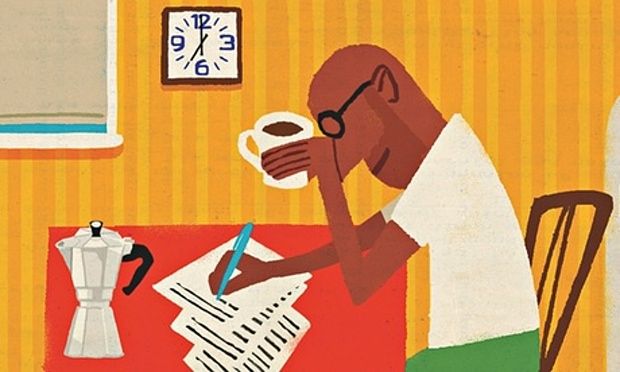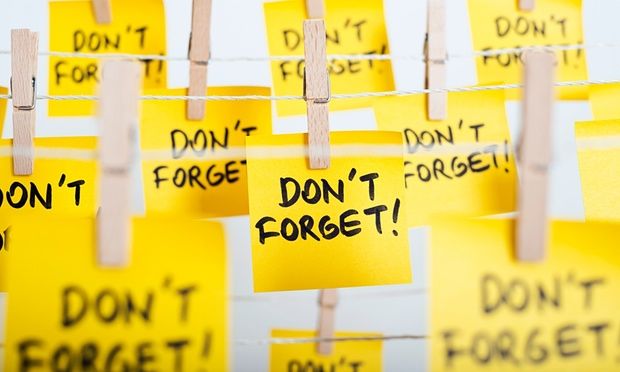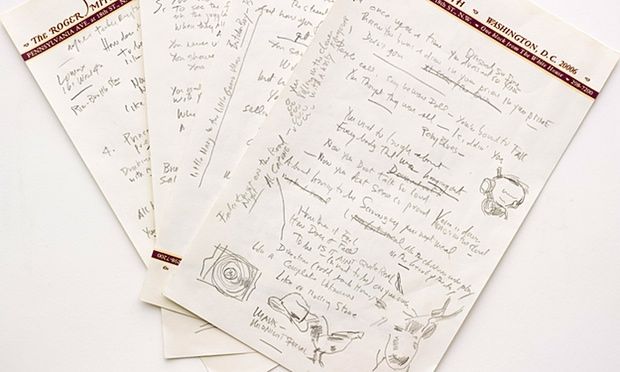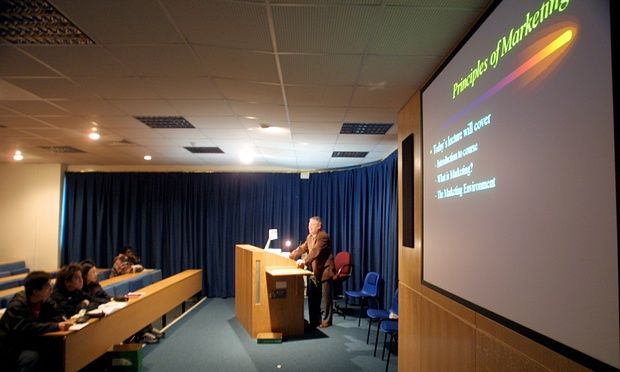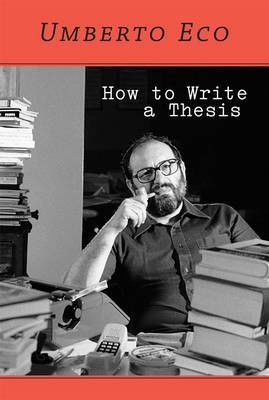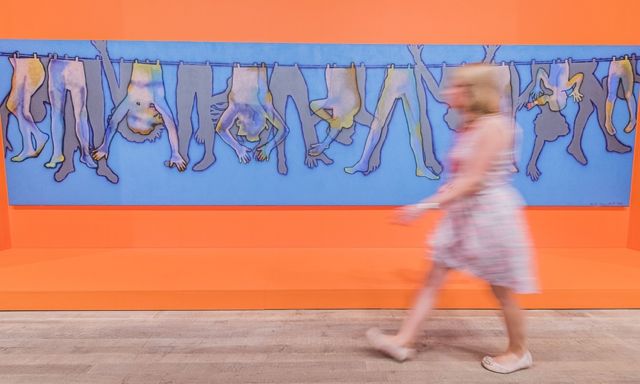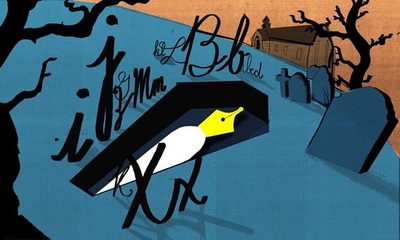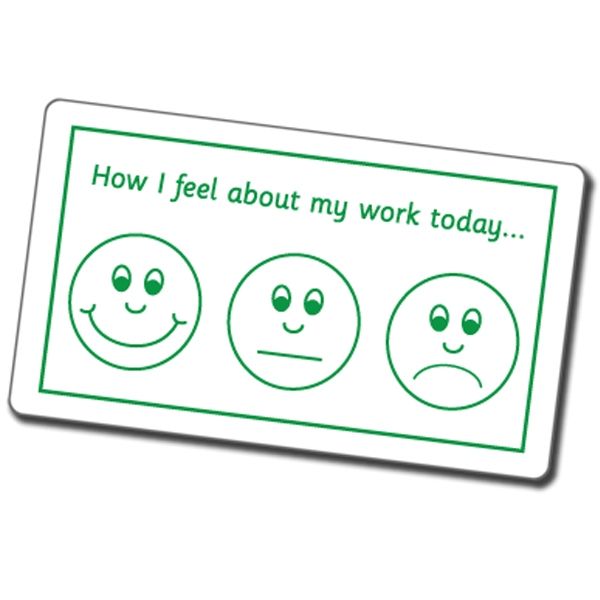PROJECT BRIEF - REFLECTIVE JOURNAL
See also this student journal - http://study-well.tumblr.com
1. WHAT? (keep an electronic journal about Historical and Theoretical Studies...)
- THE REFLECTIVE JOURNAL is a record of your learning experiences in Historical and Theoretical Studies. It should be separate to your studio blog. Subjects for recording include class discussions and presentations, research and writing, assessment. Both good and bad experiences should be considered.
• The journal should include a to do list/s.
• The journal should be used for brainstorming and experimental writing for the CRITICAL RESEARCH REPORT and RESEARCH PRESENTATIONS. (It can also be used to present your RESEARCH PRESENTATIONS).
• The journal should include online articles and illustrations with your comments indicating relevance and learning.
• The journal should be used for your ANNOTATED BIBLIOGRAPHY.
• The journal should highlight any connections between your academic research and your studio practice.
2. HOW? (any form of electronic media ...)
THE REFLECTIVE JOURNAL can be one or a combination of:
My Pinterest boards for my REFECTIVE JOURNAL
- Word document
- Website - use the privacy settings if you want it to be private
- Blog - use the privacy settings if you want it to be private
- Pinterest - good for visuals but limited for writing
My Pinterest boards for my REFECTIVE JOURNAL
- https://www.pinterest.com/pcourtenay1/research-scrapbook/
- https://www.pinterest.com/pcourtenay1/public-speaking/
- https://www.pinterest.com/pcourtenay1/literacy-scrapbook/
- https://www.pinterest.com/pcourtenay1/books-scrapbook/
- https://www.pinterest.com/pcourtenay1/education-scrapbook/
- https://www.pinterest.com/pcourtenay1/writing/
- https://www.pinterest.com/pcourtenay1/society-scrapbook/
- https://www.pinterest.com/pcourtenay1/school-songs
The journal does not have to be daily but aim to write little and often in order to get your going.
The REFLECTIVE JOURNAL has to be online but personal writing exercises by hand as described in Burkeman (2015) can get you in the flow...
... the psychological benefits of externalising thoughts via journalling are well-established. And that bleary-eyed morning time has been shown to be associated with more creative thinking: with the brain's inhibitory processes still weak, A-ha!' moments come more readily. (Burkeman, 2015).
... the psychological benefits of externalising thoughts via journalling are well-established. And that bleary-eyed morning time has been shown to be associated with more creative thinking: with the brain's inhibitory processes still weak, A-ha!' moments come more readily. (Burkeman, 2015).
MATHS ALERT - ARCHIMEDES (EUREKA MOMENT)!
What is the Eureka moment?
Far more details survive about the life of Archimedes than about any other ancient scientist, but they are largely anecdotal, reflecting the impression that his mechanical genius made on the popular imagination. Thus, he is credited with inventing the Archimedes screw, and he is supposed to have made two “spheres” that Marcellus took back to Rome—one a star globe and the other a device (the details of which are uncertain) for mechanically representing the motions of the Sun, the Moon, and the planets. The story that he determined the proportion of gold and silver in a wreath made for Hieron by weighing it in water is probably true, but the version that has him leaping from the bath in which he supposedly got the idea and running naked through the streets shouting “Heurēka!” (“I have found it!”) is popular embellishment.('Archimedes' 2015).
Not to be confused with A-ha
MATHS ALERT OVER
3. WHY? (learning outcomes...)
The learning outcomes which are important for the assessment of the REFLECTIVE JOURNAL are in bold underlined
- To self-manage ongoing independent academic research on subjects of personal interest within fashion and textiles.
- To show understanding of the relationship between academic research and studio practice.
- To show knowledge of the historical, technical and social development of post-industrial fashion and textiles.
- To show awareness of theoretical issues within fashion and textiles.
- To present research (secondary and original) in an academic form (written and verbal) conforming to academic conventions (Harvard reference system).
- To show analysis and evaluation of research.
4. WHEN? (hand in ...)
- BA3 = March 2017
5. ASSESSMENT
- SELF-MANAGEMENT - to do list, experimental writing
- ACADEMIC RESEARCH and STUDIO PRACTICE - links identified between academic research subject and/or working process with studio subjects and/or working process
- ANALYSIS and EVALUATION - comprehension and critical awareness of key texts and issues (ANNOTATED BIBLIOGRAPHY)
- REFERENCING and PRESENTATION - Harvard referencing and final presentation
REFERENCE
'Archimedes' (2015) Encyclopedia Britannica. Available at: http://www.britannica.com/biography/Archimedes (Accessed 16 November 2015).
Burkeman, O. (2014) 'This column will change your life:Morning Pages', The Guardian 3 October [Online]. Available at: http://www.theguardian.com/lifeandstyle/2014/oct/03/morning-pages-change-your-life-oliver-burkeman (Accessed 7 October 2015).
'Archimedes' (2015) Encyclopedia Britannica. Available at: http://www.britannica.com/biography/Archimedes (Accessed 16 November 2015).
Burkeman, O. (2014) 'This column will change your life:Morning Pages', The Guardian 3 October [Online]. Available at: http://www.theguardian.com/lifeandstyle/2014/oct/03/morning-pages-change-your-life-oliver-burkeman (Accessed 7 October 2015).

